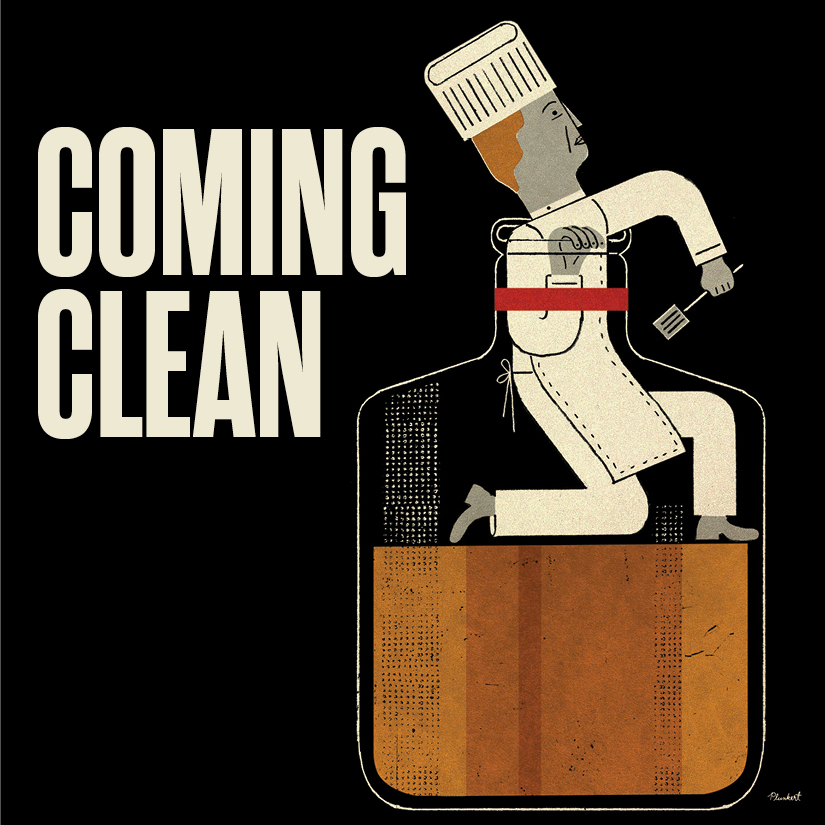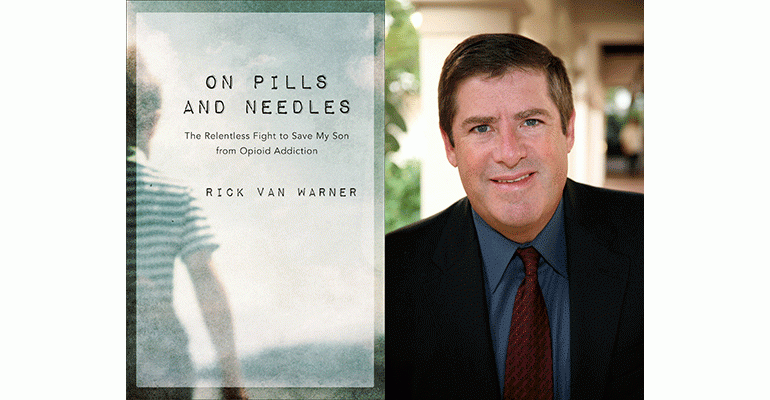
In this in-depth investigation, NRN looks at how restaurants can recover from a culture of substance abuse.
The restaurant business is the one industry that always provided opportunities for our opioid-addicted son, despite his past mistakes or current shortcomings.
When Tommy was clean and doing well, he was frequently elevated, working on the line, as the prep cook or in a myriad of other positions. When he relapsed, he still managed to function well enough to handle his shifts for a certain period of time — until he no longer could and would lose his job.
At 15, Tommy got his first job, working in a local sub shop, where we later found out his manager introduced him to marijuana. The manager and workers would frequently smoke together at the manager’s apartment less than two blocks from the restaurant.
Over the subsequent years, as our son’s opioid use hijacked his brain and his condition worsened, he continued to land restaurant jobs, in chains and independents, from fast casual to fine dining. When the communication channels between us later opened up, I learned about the extent of the drug use in many of the restaurants where he worked. At one high-volume bar and restaurant, the manager encouraged and supplied the kitchen with numerous hardcore drugs to keep them cranking at peak energy levels.
With over 115 Americans dying from opioid overdose each day, the media and public health officials have finally dragged this tragic epidemic into the light over the past several months. But the connection between this national crisis and other forms of substance addiction to our industry’s workforce remains mostly ignored.

Drug and alcohol abuse is rampant in the hospitality industry, yet the problem is rarely if ever listed alongside issues such as rising labor costs, food safety or security. Many senior hospitality leaders are blithely unaware of something their frontline managers know far too well — many of their employees are regularly consuming alarming amounts of opioids and other drugs.
It’s not tough to connect the dots on why the problem is so prevalent in the hospitality workforce. In full-service establishments, alcohol flows freely and a party atmosphere is part of the vibe. After long shifts spent serving others, post “shift drinks” and late-night, after-work parties are common. In the pressure-packed kitchen environment, where many teens or young adults find their first jobs and pre-employment drug testing is nearly non-existent, drugs have long been part of the culture.
What to do beyond just firing an employee is more complicated. Unfortunately, with the labor shortage and amount it costs in time and money to hire and train someone new, many managers choose to ignore or tolerate the behavior, as long as the worker can maintain a basic level of performance.
Unless this mindset changes, our industry will maintain the dubious distinction as tops for substance abuse for many years to come. It’s time to face this issue head on by holding employees accountable and seeking to help them, not punish them. Ignoring a person’s problem until the day their “no-call, no-show” is due to death by overdose just doesn’t cut it. Instead, consider confronting the issue head on through dialogue. Offer to support positive change by offering an unpaid leave of absence so they can seek help. Help them find the resources they need to try to get clean. Establish clear policies against drug or alcohol use and being under the influence while working.
The restaurant business certainly is not responsible for solving our nation’s worsening addiction problem, but we also cannot afford to look the other way. The nature of our business and workforce puts us squarely in the middle of this crisis, and it’s time to get off the sidelines and take action. The lives of many of our people depend upon it.
Read more:
Coming Clean: Recovering from a culture of substance abuse
Is the notorious world of restaurant partying taking a sober turn?
Why the opioid crisis is a restaurant crisis
Beyond AA: Where restaurant workers go for help
7 practices to avert substance abuse in restaurants
Ron Eyester on sobriety: 'I've honestly never felt worse'
Staying sober while running a whiskey bar
Do you have to leave foodservice to stay sober?
7 things to know about the opioid crisis
Rick Van Warner, a 35-year restaurant industry veteran, is the author of “On Pills and Needles: The Relentless Battle to Save our Son from Opioid Addiction.”
Editor’s note: Rick Van Warner is part of the NRN emeritus team and served as editor-in-chief from 1984 to 1992.





